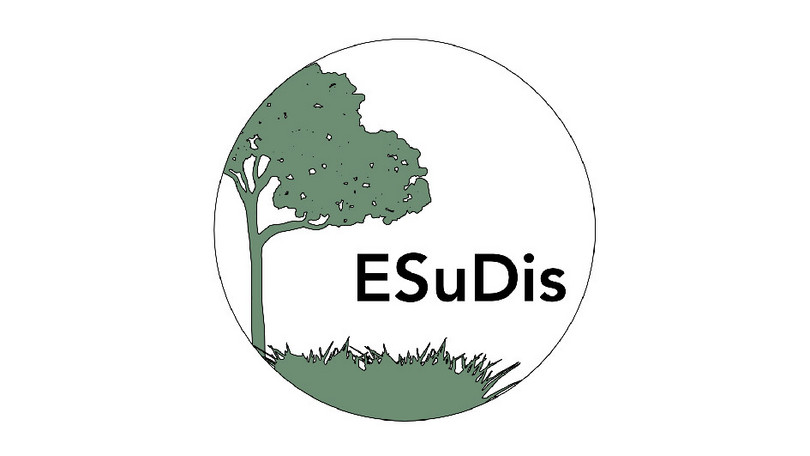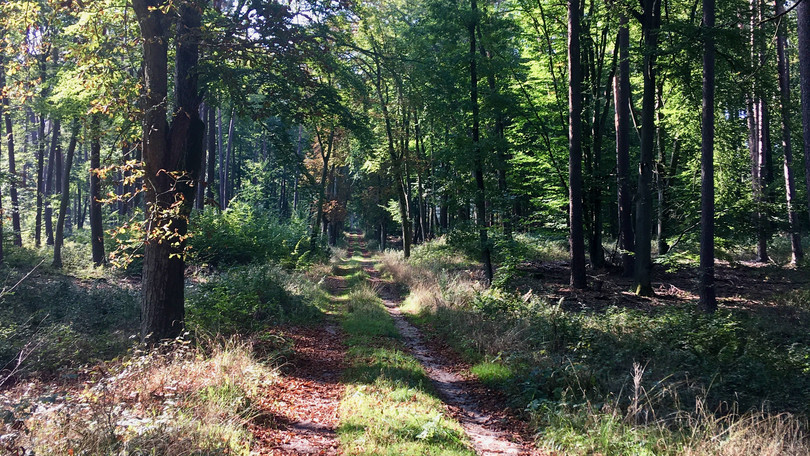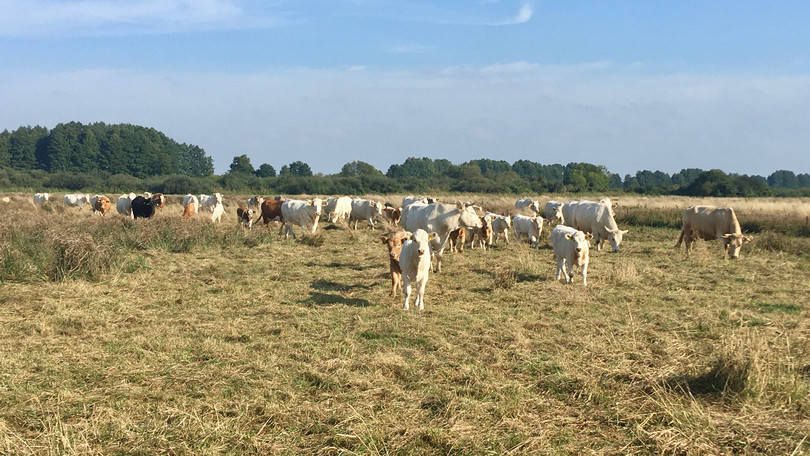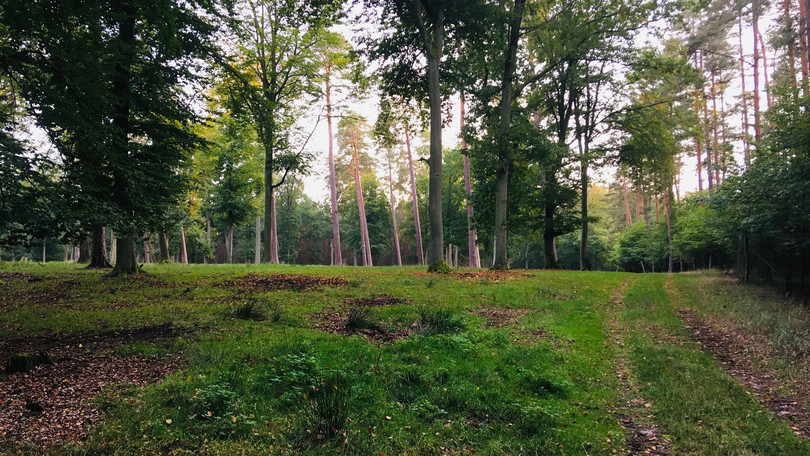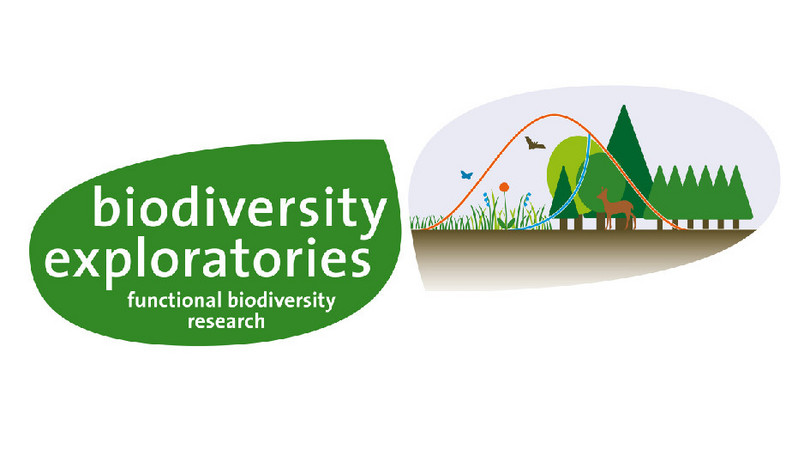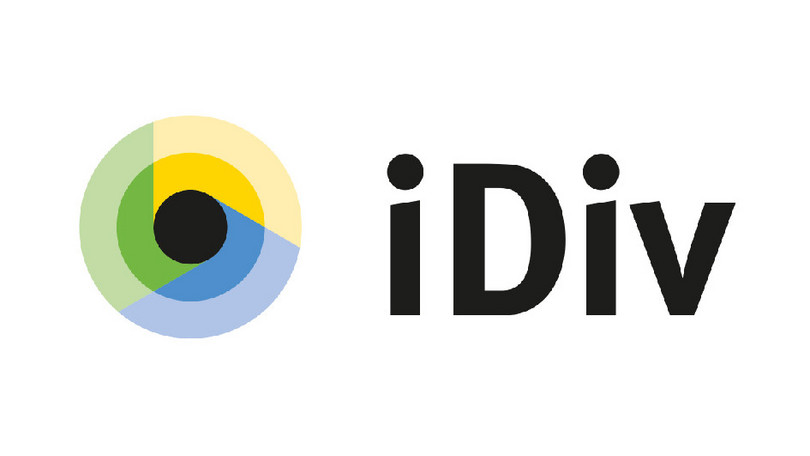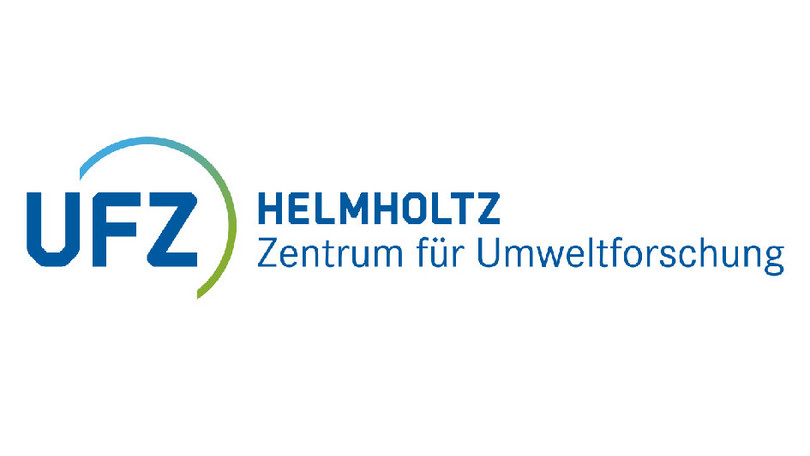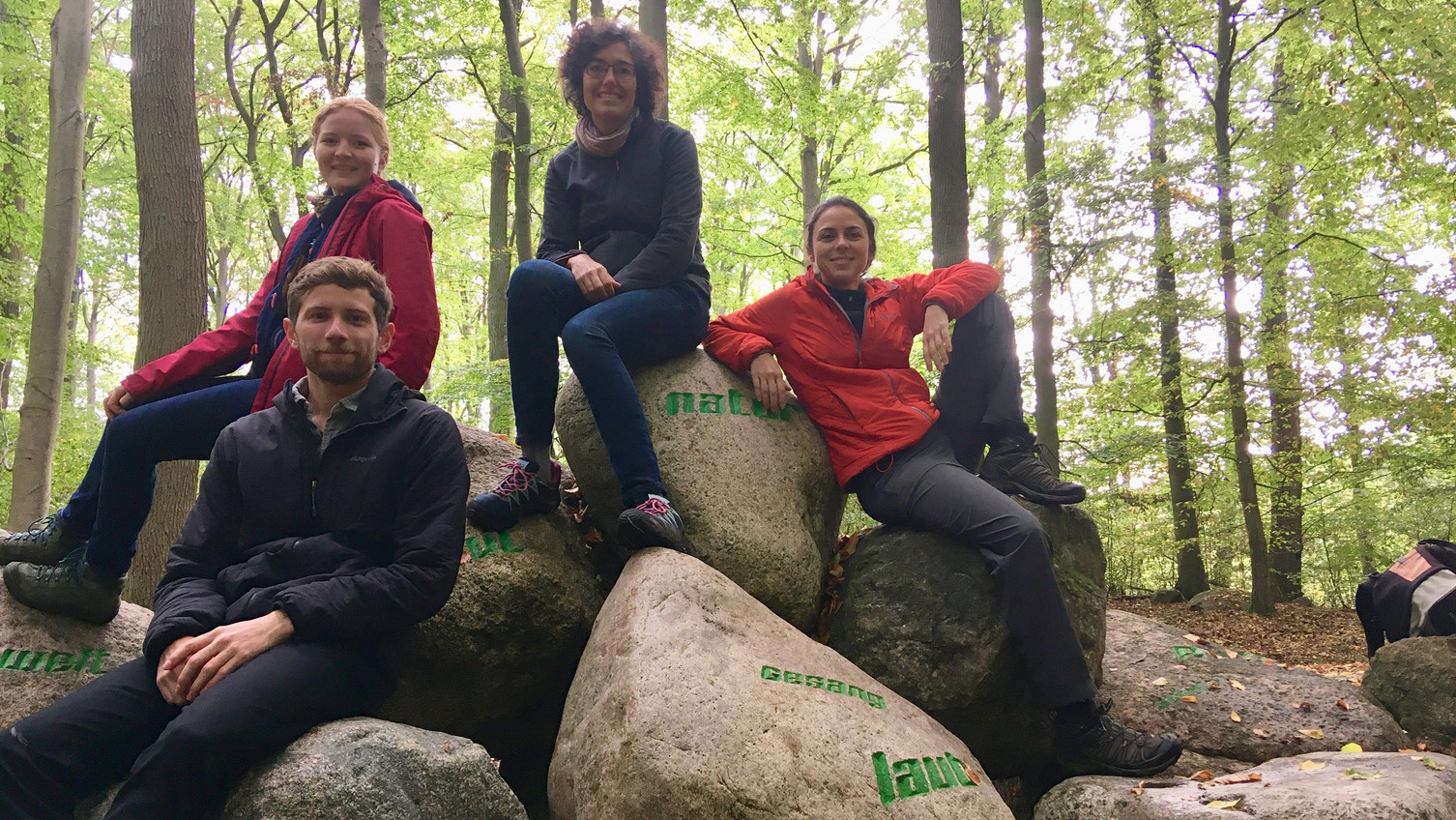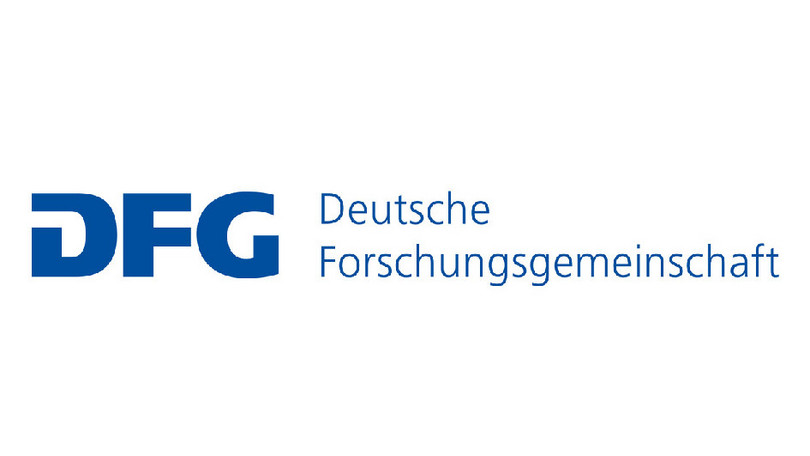Ecosystem services are usually conceptualized as being supplied by nature alone; however, there is increasing evidence showing that most ecosystem services are jointly co-produced by different combinations of natural and anthropogenic inputs. These anthropogenic inputs are also known as capital assets, which include, human, social, technological and financial capitals.
The main goal of ESuDis is to understand the different pathways by which anthropogenic and natural capitals are combined to sustainably co-produce ecosystem services and contribute to the equitable distribution of these services.
We will investigate how increasing land use intensity and the substitution of natural capital by human, social, technological and financial capitals affect (i) the supply of multiple ecosystem services (scientific objective 1), (ii) the distribution of those services across different stakeholders and multiple spatial scales, in terms of use and demand (scientific objective 2); and (iii) how supply and distribution relate to the governance of ecosystem services (scientific objective 3).
Biodiversity Exploratories
Biodiversity Exploratories is an interdisciplinary project funded by Deutsche Forschungsgemeinschaft (DFG) aiming to describe biodiversity changes and their effects on a variety of ecosystem processes. This has been done since 2006 in the project's three exploratories in the Biosphere Reserve Schorfheide-Chorin, the Hainich-Dün National Park and in the Biosphere Reserve Schwäbische Alb.
Deutsches Zentrum für integrative Biodiversitätsforschung (iDiv) Halle-Jena-Leipzig
Planet Earth's biodiversity in form of species diversity, genetic diversity and diversity of functions, interactions and ecosystems is under increasing pressure due to human activity. In centres in Halle, Jena and Leipzig over 350 employees and members establish a scientific basis to deal with biodiversity sustainably.
Helmholtz Centre for Environmental Research (UFZ)
As part of German research society Helmholtz Association, UFZ is one of the leading centres for environmental research. By demonstrating pathways to a sustainable use of natural resources, UFZ supports policy makers, civil society and businesses to estimate the effects of their actions for the environment and supplies knowledge to generate viable solutions.

